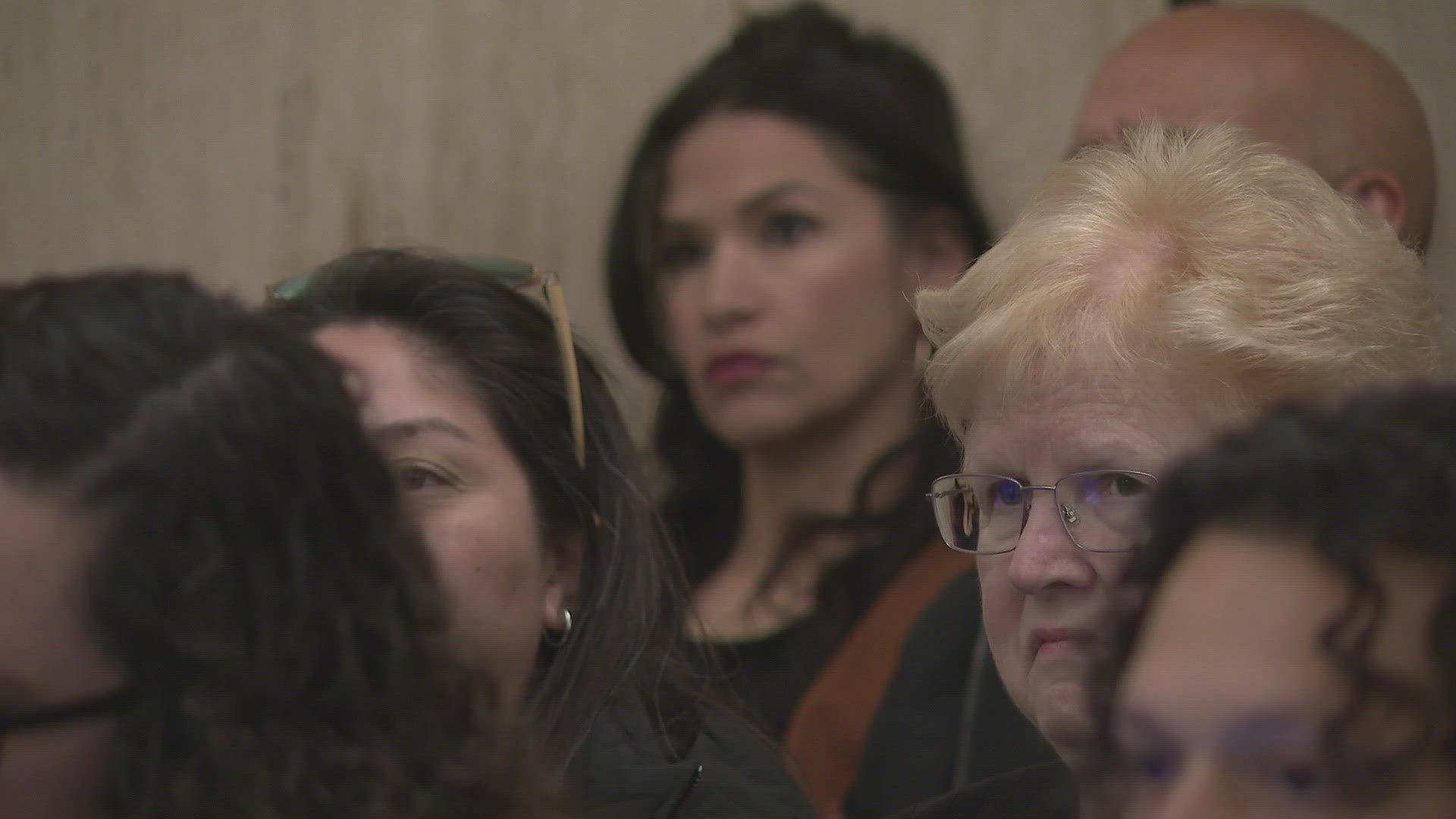PHOENIX — Parents who were first helped by Arizona's school choice program are now worried that its recent expansion may leave them behind.
”The new school choice lets all these kids in private schools, so it’s one quick payment but not all the kids should go to private schools,” said Lynn Fox Embry.
Last year, then-Gov. Doug Ducey signed legislation expanding the school voucher system.
The new law, coupled with the election of state School Superintendent Tom Horne, led to a revamp of the ESA (school voucher) handbook that lays out the rules for using the money.
Embry is a parent of three kids using the school voucher program to get an education at home. She said they have been in the program since 2017 and it has been great for the kids with special needs.
“Being able to get 1-on-1 education from myself and from tutors that I hire is absolutely wonderful,” Embry said.
She said the new handbook lacks clarity and she's worried that expenses used to educate her kids will not get reimbursed.
“I feel like my hands are tied because of the interpretation of a law,” she said.
But proponents disagree.
“They are definitely not being left behind. Every single thing you do for educational expenses will be approved. It’s allowable," said Executive Director of the Empowerment Scholarship Account Program Christina Accurso.
Since January, Accurso has led the revamping of the rules. However, she said they are not making drastic changes for special needs students.
“It’s the same rules as the prior handbook and prior administration. We are just enforcing it," Accurso said.
There was another problem raised by parents.
Embry said beginning in November, she had issues getting reimbursed for expenses in a timely manner.
"I'm paying interest on my credit cards that I wasn’t before," Embry said, “Maybe we should put a hold on new ESA programs until we fix the problems we have now.”
Beyond making timely payments, there are concerns over the long-term funding for the program.
The expansion cost the state between $150-250 million last year. The original projections thought it would cost the state around $30 million. Currently, there is no long-term plan in place to fund the program.

